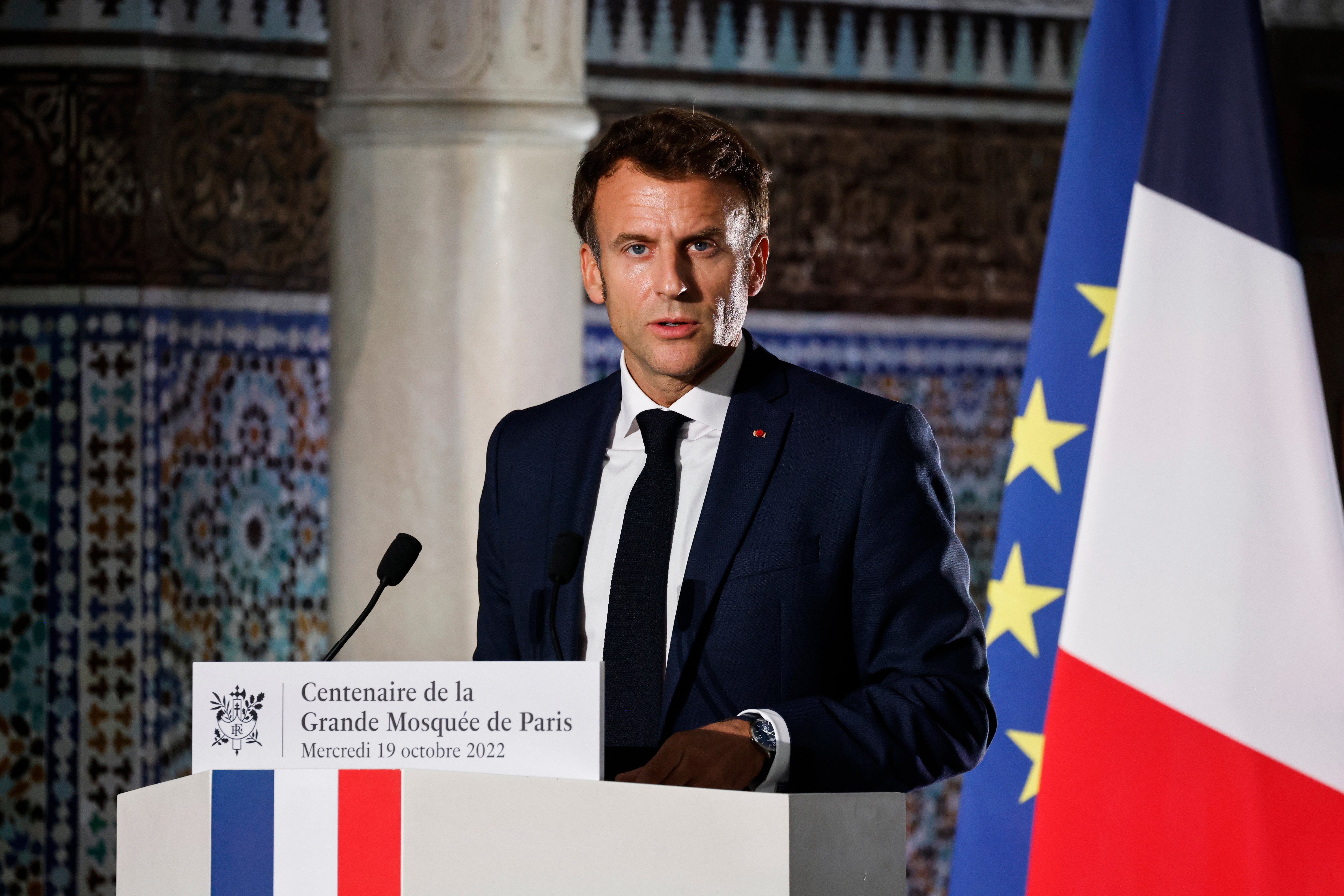Macron's government decides to pass budget without vote
French President Emmanuel Macron’s government says it plans to use a special constitutional authority to force the bill for next year’s budget through the National Assembly without a vote

Your support helps us to tell the story
From reproductive rights to climate change to Big Tech, The Independent is on the ground when the story is developing. Whether it's investigating the financials of Elon Musk's pro-Trump PAC or producing our latest documentary, 'The A Word', which shines a light on the American women fighting for reproductive rights, we know how important it is to parse out the facts from the messaging.
At such a critical moment in US history, we need reporters on the ground. Your donation allows us to keep sending journalists to speak to both sides of the story.
The Independent is trusted by Americans across the entire political spectrum. And unlike many other quality news outlets, we choose not to lock Americans out of our reporting and analysis with paywalls. We believe quality journalism should be available to everyone, paid for by those who can afford it.
Your support makes all the difference.French President Emmanuel Macron's government said Wednesday it would use a special constitutional power to force the bill for next year's budget through the National Assembly without a vote.
Opposition lawmakers could call a no-confidence vote to protest the move, which some have denounced as undemocratic.
The government's announcement was expected. Macron’s centrist alliance lost its parliamentary majority in June, making it much more difficult for his government to get laws passed the conventional way in the lower house of parliament.
Faced with multiple budget amendments from the opposition, government officials had warned they were ready to invoke the French Constitution's Article 49.3, which allows the prime minister to bypass parliament in some situations, including votes on budget bills.
If the prime minister is successful, the budget bill would go to the Senate.
A no-confidence vote is unlikely to pass despite opposition to the government's move because it would need the approval of at least 289 lawmakers, or half the seats in the lower house of France's Parliament. If some groups of lawmakers abstain while Macron’s allies vote no, the threshold cannot be reached.
Despite losing its majority, Macron’s centrist alliance still has the most National Assembly seats, with 250. A leftist coalition, the Nupes, is the largest opposition force, with 151 seats.
In July, lawmakers failed to pass a no-confidence motion requested by the Nupes to symbolically mark its opposition to Macron’s policies. Only 146 lawmakers approved the motion, far short of the 289 needed.
Article 49.3 has been used 87 times since 1958. Under Macron, it was used once before, in 2020 during his first term, to push though pension changes.
France’s proposed budge, presented last month in a Cabinet meeting, is based on predicted growth of 1% next year, down from an estimated 2.7% this year.